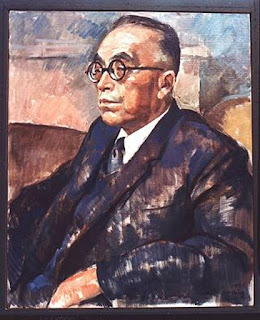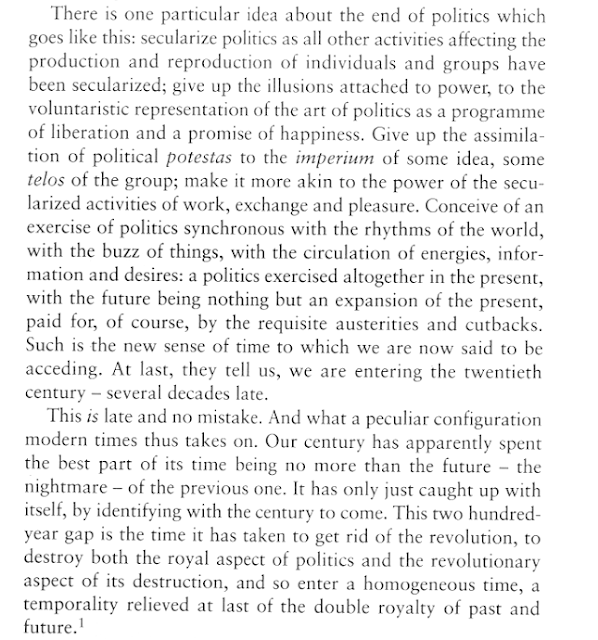A Japanese Contribution to Marxian Political Economy
In this appraisal of historical materialism the peculiarity of Uno's position vis- a-vis other trends of Marxist thought is most clearly seen. The conventional and official view would argue roughly as follows: Marxism has extracted what is to be called dialectical materialism from Hegel's system by "inverting it"; then, the application of this dialectical materialism to social history has created the science of historical materialism; the political economy of capitalism consists of further specification of the principles of historical materialism for the analysis of capitalist society; hence, the discovery of the class-nature of capitalism has made Marxist socialism a science. The conventional view thus fails to distinguish between ideology and science; it even tends to glorify the confusion with the slogan of "the dialectical unity of theory and practice." The more recent and presumably "unofficial" view, inspired by the works of Luk'acs, Korsch, and others, and laying inordinate emphasis on "Early Marx," even more blindly asserts the importance of class-consciousness and ideological struggles. Paying little attention to Hegel's system, this view hopes to deduce historical materialism directly from the questionable phenomenology of "alienation"; and, by the same token, it neglects the task of perfecting the dialectic of capital, while naively applauding Marx'sundergraduate Paris Manuscripts.
To Uno, however, such facile views are incompatible with the true spirit of Marxism. He admits that Marxism is an ideology and claims that some ideology is needed for any social practice, including the practice of abiding by the status quo. But an ideology founded upon the science of political economy is infinitely wiser than ideologies lacking such a foundation. The wisdom of Marxism, in other words, does not lie in its ideological attacks on capitalist institutions but in its dialectical comprehension of capitalism. The discovery of the dialectic of capital is what distinguishes Marxism from any other form of social ideology and supplies Marxism with its true life-blood because it is the total comprehension of capitalism that suggests the possibility of abolishing it.
Any one who neglects a serious study of Das Kapital and expects to grasp the essence of Marxism from the woolly notion of dialectical materialism unrelated to the dialectic of capital is, therefore, profoundly mistaken. For there is no Marxism without Das Kapital; nor is there any dialectical materialism apart from the dialectic of capital. Only in its light, moreover, can the true significance of historical materialism be appreciated, which is not a ready-made dialectic of history to pair off with the so-called dialectic of nature. But, it must be admitted that, because of the way the book is written, a casual reading of Marx's Das Kapital does not always reveal its real import. It is for this reason that the dialectic of capital must be reconstructed, just as one would reproduce an ancient palace from the mountain of archeological remains. Such an operation requires not only infinite care and patience but also a wise and efficient methodology. During his forty years of immersion in the study of Das Kapital, Kozo Uno has, in my view, done more than anyone else to restore all its original splendor to the dialectic of capital, a recreation that contemporary economic science can ill afford to ignore.
» Read the complete text here. [Persian translation]




Comments
Post a Comment